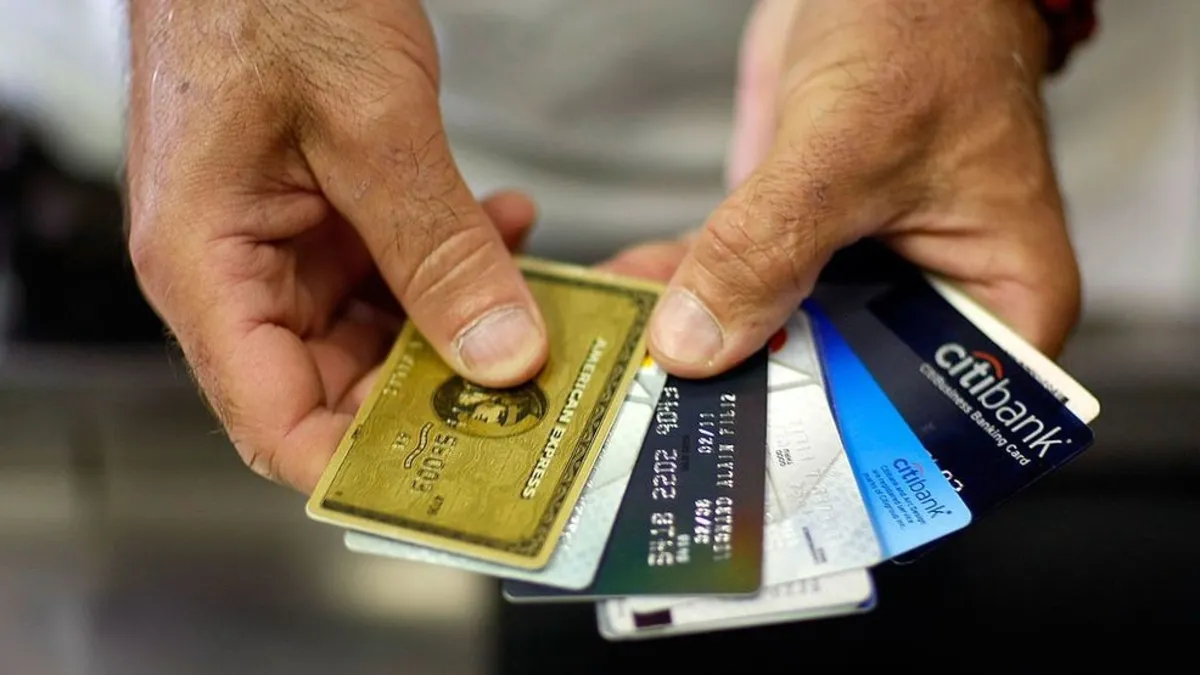
A federal court judge in Texas has overturned a significant rule proposed by the Consumer Financial Protection Bureau (CFPB) that aimed to limit “excessive” credit card late fees to $8. Judge Mark Pittman, who had previously blocked the implementation of this fee cap, ruled that the CFPB's regulation unlawfully restricted credit card companies from charging “reasonable and proportional” fees. This decision has sparked considerable debate regarding the implications for consumers and financial institutions alike.
The lawsuit against the CFPB was initiated by various business and banking organizations, including the American Bankers Association and the U.S. Chamber of Commerce. These groups argued that the CFPB's rule, adopted during the Biden administration, would inflict “irreparable harm,” restrict the availability of credit, and force credit card issuers to transfer costs associated with late payments to consumers who pay on time. Under the current Trump administration, the CFPB not only opted not to contest the lawsuit but also aligned with the business coalition advocating for the rule's removal. This coalition hailed the judge’s decision as “a win for consumers and common sense.”
Consumer advocacy groups, however, are sounding alarms about the potential negative consequences of this ruling on credit card holders. Chi Chi Wu, a senior attorney, stated, “This decision will allow big banks to exploit consumers to the tune of $10 billion annually by charging inflated late fees that far exceed what late payments cost them to collect.” Wu emphasized that the ruling represents another instance where the current Administration is increasing financial pressures on hard-working families while benefiting wealthy corporations.
The CFPB's proposed rule aimed to address issues stemming from excessive credit card late fees, a concern that Congress initially tackled through the Credit CARD Act of 2009. The CFPB argued that credit card companies had taken advantage of regulatory loopholes to enhance their profits. The proposed late fee rule sought to reduce the standard late fee from approximately $32 to $8. Late fees have become a substantial revenue stream for credit card companies, generating an estimated $14 billion in 2022.
This new rule would not have eliminated late fees entirely but would have imposed a cap, allowing credit card issuers to charge higher fees only if they could demonstrate that the fee was insufficient to cover the costs associated with late payments. Additionally, the rule would not prevent credit card companies from implementing other measures to deter late payments, such as raising interest rates or limiting credit lines.
In the wake of the judge’s ruling, plaintiffs, including the American Bankers Association, asserted that the CFPB had overstepped its authority and provided inadequate analysis to justify the late fee cap, claiming it would ultimately harm consumers. They argued that the proposed $8 cap fell short of covering the actual costs incurred by banks when handling late payments. Consumer advocates, however, countered that the CFPB had conducted thorough research, including analysis of data provided by the banking industry, to substantiate that $8 accurately reflected the cost to banks.
Regardless of the late fee situation, it is crucial for consumers to prioritize timely credit card payments. A late payment can significantly damage your credit score. A survey by Consumer Reports identified the most common reasons for late payments, with 27% of respondents believing they had already paid the bill and 12% unaware of the due date. To mitigate these issues, consumers can sign up for monthly bill reminders via text or email and consider enrolling in autopay. Setting autopay for at least the minimum amount ensures on-time payment, which is essential for maintaining a good credit score.
For added convenience and security, paying bills digitally or over the phone is recommended over mailing checks to avoid delays. If you typically pay on time but happen to miss a payment, calling your credit card issuer may result in a waiver of the late fee. Statistics show that 82% of those who request a waiver receive some form of relief, although it is advisable to use this option sparingly.
Some credit cards, such as the Petal 2 Visa, Apple Card, Citi Simplicity Card, and Wells Fargo Attune Card, do not impose late payment fees, making them excellent options for consumers wary of incurring additional charges.
For more insights on managing your finances and making informed choices, visit Checkbook, a nonprofit organization dedicated to helping consumers access quality services and low prices. Checkbook maintains its independence by not accepting funds from service providers it evaluates.